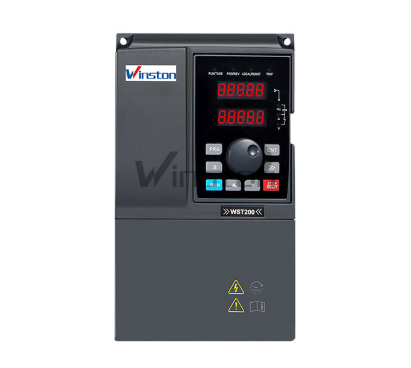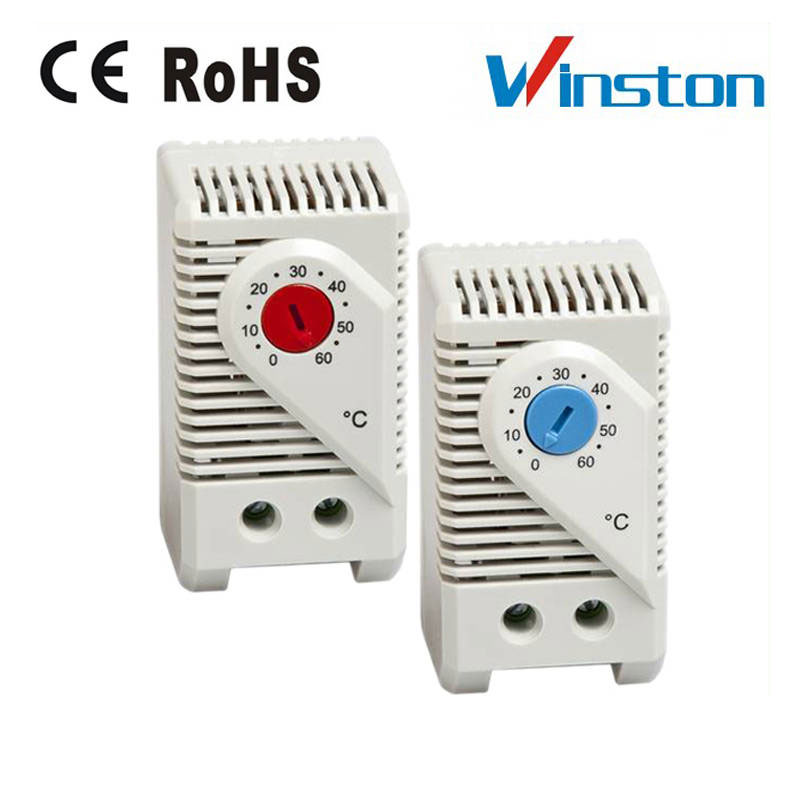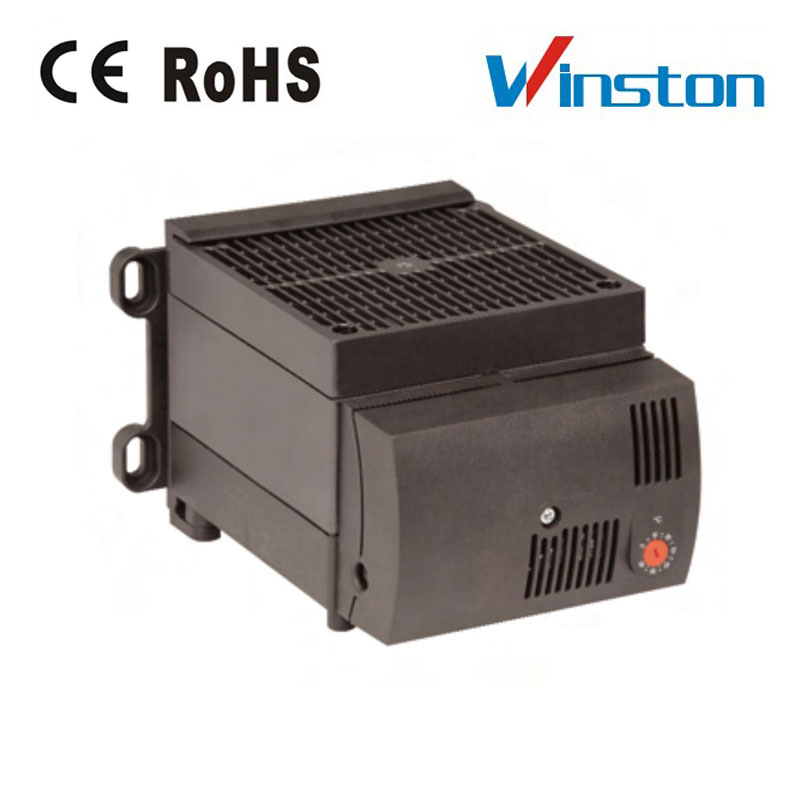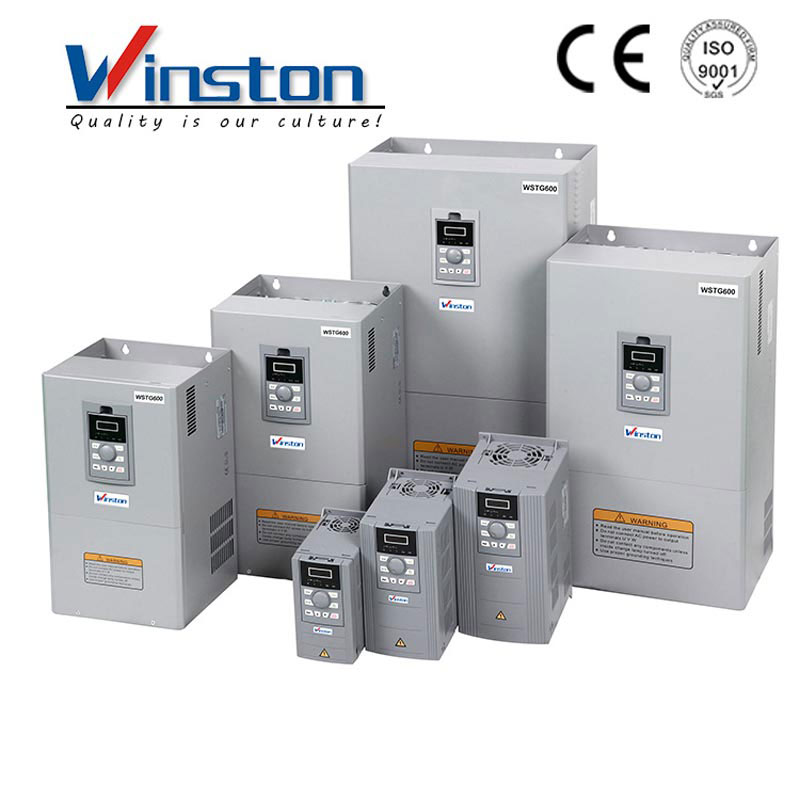What is an inverter?
An inverter is a remarkable electrical device that plays a vital role in modern technology. It acts as a converter, specifically converting direct current (DC) to alternating current (AC). Here's a detailed explanation:
Working Principle
-
The basic working principle of an inverter involves complex electronic circuitry. It utilizes power switching devices, such as insulated gate bipolar transistors (IGBTs) or metal oxide semiconductor field effect transistors (MOSFETs). These components rapidly switch the DC input on and off. By precisely controlling the timing and sequence of these switches, an AC output waveform can be produced. This waveform is designed to mimic the sinusoidal pattern of standard AC power provided by the utility grid.

Components
-
Power Switching Devices: These are the key components that perform the DC to AC conversion. Examples include insulated-gate bipolar transistors (IGBTs) and metal-oxide-semiconductor field-effect transistors (MOSFETs).
-
Control Circuitry: This part of the inverter is responsible for generating the control signals that drive the power switching devices. It ensures the proper switching sequence and timing to produce a stable AC output.
-
Transformer: In some inverters, a transformer may be used to step up or step down the voltage of the AC output to the desired level.
-
Filter: A filter is often used to smooth out the AC output waveform and reduce harmonic distortion, resulting in a cleaner and more sinusoidal output.
Applications
-
Renewable Energy Systems: In solar power systems, inverters are used to convert the DC electricity generated by solar panels into AC electricity that can be used to power homes, businesses, or fed into the grid. In wind turbines, the DC output from the generator is also converted to AC using an inverter before being transmitted to the grid.
-
Uninterruptible Power Supplies (UPS): Inverters are a crucial part of UPS systems. They convert the DC power stored in batteries into AC power to provide backup power during power outages, ensuring that critical equipment such as computers, servers, and medical devices continue to operate without interruption.
-
Motor Drives: Inverters are used to control the speed and torque of AC motors in industrial applications such as pumps, fans, conveyors, and machine tools. By varying the frequency and voltage of the AC output, the inverter can adjust the motor's speed and performance according to the specific requirements of the process.
-
Electric Vehicles: Inverters play a vital role in electric vehicles by converting the DC power from the battery pack to AC power to drive the electric motor. They also control the motor's speed and torque, enabling efficient and smooth acceleration and deceleration of the vehicle.
Types
-
Square Wave Inverters: These produce a simple square wave AC output. They are the simplest and least expensive type of inverter but have limitations in terms of power quality and compatibility with some electrical equipment.
-
Modified Sine Wave Inverters: They generate a waveform that approximates a sine wave more closely than a square wave. They are more suitable for most household appliances and electronics than square wave inverters but may still cause some interference or reduced performance with sensitive equipment.
-
Pure Sine Wave Inverters: These produce a very close approximation to a perfect sine wave AC output, which is identical to the utility grid power. They are the most expensive but offer the highest power quality and are compatible with all types of electrical equipment, including sensitive electronics and motors.

7.5Kw 3 Phase DC To AC Water Pumping Inverter
In conclusion, inverters have become an essential part of our modern technological landscape. Their ability to convert DC power to AC power has enabled growth and development in various industries and has made significant contributions to the efficient use of energy, especially in terms of renewable energy and the reliable operation of critical electrical systems.





